Founded in 1999, the Queen's Power Group is part of the Department of Electrical and Computer Engineering at Queen's University in Kingston, Ontario, Canada. Our group includes one full-time faculty, Dr. Yan-Fei Liu and several graduate research assistants. The group offers two courses each at the graduate and undergraduate levels which cover material in power electronics, computer-aided design of circuits and electric motors.
Financial support of the group is provided through industrial sponsorships and government research grants. Current projects are supported by the Natural Science and Engineering Research Council of Canada (NSERC) and by industry partnerships through the Ontario Centres of Excellence (OCE).
The Queen's Power Group focuses on research for the telecommunications and computing industries, in which areas of expertise include:
Our aim is to develop new techniques in digital control theory, power converters, voltage regulators, power factor correction (PFC), electromagnetic interference (EMI) filters and magnetic components.
Our group provides training in hardware design, computer simulation and analytical design approaches for both graduate and undergraduate students. Combined with a solid background in modern control theory, this training allows graduate researchers to prosper in the vast field of power electronics.
Our facilities include an up-to-date power electronics laboratory and computing laboratory. The power electronics laboratory contains the latest network, spectrum and impedance analyzers, digital oscilloscopes, power supplies and electronic loads. Our computing laboratory includes laptops for students and two Sun workstations. We utilize the latest simulation and analysis tools including Matlab, MathCAD, Simetrix Spice, Analog Workbench, Simplis and Protel. In addition, DSP and FPGA development tools are equipped for the design of mixed-signal integrated circuits systems, which combine power stages with microprocessors.
Contact: yanfei.liu@queensu.ca
Power converters that have generally been controlled using linear analog feedback loops are simple and affordable, yet lack speed due to limited bandwidth. It is necessary for converters to react faster to changing load conditions, as digital devices are being rapidly advanced and require a much higher power density. Therefore, intelligent non-linear controlled power supplies are expected to play a larger role in communication, automobile, computer and aerospace industries in the near future.
Modern control theories, such as fuzzy logic control, neural network control, sliding mode control, and adaptive control have been developed using low-cost digital signal possessors (DSPs) and field programmable gate arrays (FPGAs) to improve the large-signal dynamic characteristics of both DC-DC and AC-DC converters.
Research being conducted includes the development of advanced analog and digital controllers for high-performance, high-frequency DC-DC converters. Using the principle of capacitor charge balance, linear/non-linear controllers are being developed which minimize the output voltage deviation and settling time of a power converter undergoing changing input voltage or load current conditions. The increased controlled reaction speed permits the use of fewer bulk capacitors, allowing the converter to be more compact and cost-efficient.
With the demand for cloud computing and Internet-of-Things connected devices increasing exponentially there is a huge demand for extremely high efficiency DC/DC converters (>99% efficiency) to be utilized in next-generation data center and server power supply designs.
Multilevel converters work by reducing the voltage stress of the semiconductor devices, allowing for substantial performance improvements to be achieved over traditional topologies. While the performance of semiconductor devices continuously improves year after year, magnetic components have not seen the same increase in performance. Inductor-less topologies, such as Switched Capacitor converters and similar derivative topologies that reduce the reliance on magnetic components have thus seen a resurgence of research interest due to the extremely high efficiency and power density that can be achieved by these converters.
A series of new DC – DC converters with Zero-Inductor-Voltage (ZIV) have been proposed, analyzed and tested. Two key benefits of these topologies are (1) the voltage across the inductor does not depend on the input and output voltage, instead, it depends only on the ripple voltage of the capacitors; (2) the operation is not sensitive to the power train component values The tolerance of the capacitors does not impact the circuit operation. Therefore, with moderate switching frequency of 60kHz, we have achieved 99%+ efficiency for 48V to 12V application with inductance value of only 220nH (0.22uH) and power densities in excess of 2kW/in3. This makes them a very attractive solution for size-critical applications where extremely high efficiency is needed.
USB - PD is a battery fast-charging protocol that is proposed by over 10 leading companies and organizations in the consumer electronics field. The protocol works with USB-C ports and cable, and compatible source (power supplies) and sink (cellphone, laptop, gaming etc.) devices. The source device and sink device will handshake and negotiate the charging profile from 5V to 20V voltage and up to 3.25A of charging current. It is an all-in-one charging solution to consumer electronics.
Our research focuses on the improving the performance and miniaturizing the footprint of the source device, i.e. the PD adapter. We take advantage of the soft-switching feature of resonant converters and push the switching frequency beyond Megahertz with Gallium Nitride devices. With the new and patent pending digital LLC technology, our 65W PD adapter achieves best-in-class efficiency and roughly half the size as compared with the smallest GaN switch based PD adapter in the market. With digital LLC technology, very wide output voltage variation range (such as 5V to 20V) can be achieved while maintaining all the benefits of the LLC converter.
Since increasing demand of environmentally friendly energy, the research and development of Electric Vehicles (EVs) technologies are becoming more significant. For an EV power system, a DC-DC converter is needed to convert the power from high voltage battery (250V to 430V) to low voltage battery (9V to 16V) for the lighting, audio, air conditioning and other functions. The required power can be as high as several kilowatts with the output current at hundreds of amperes, which are critical obstacles for efficiency improvement and size reduction.
The LLC converter due to its soft-switching characteristics is widely used in datacenter and server applications at kilowatts level and has been proved to be a compact and efficient approach. It is well-known that multi-phase interleaving technology can increase the current capacity and reduce the voltage ripple on the output capacitor filter. However, component tolerance among resonant tanks causes severe load sharing problem, leading to performance degrading. A patented Switch-Controlled Capacitor (SCC) technology can be added into resonant tank to compensate component tolerances and achieve accurate load sharing while maintaining all the benefits of LLC converter. With the mentioned technology and using GaN HEMETs, a power density of 3kW/Litre and peak efficiency of around 97% can be achieved for a DC-DC converter in EV application.
Power Factor Correction (PFC) standards have been proposed to limit the current harmonics of AC-DC converters that is usually implemented by a two-stage structure. Various PFC circuits have been proposed to improve the performance; however, the topologies still need to be further modified.
LLC converter is a well-known resonant converter widely used in DC-DC power conversion and it is rarely used in AC-DC application in previous research studies. High voltage gain at light-load feature enables LLC converter to operate with fluctuating AC input voltage and high-speed digital control provides proper control scheme to modulate the switches. Using wide band gap semiconductors such as GaN and SiC devices enable high switching frequency with improved efficiency performance. By using a single-stage LLC as a PFC, the number of switches and magnetic components is reduced, so high efficiency and high-power density can be achieved.
A wide DC input voltage operation is required in some applications such as in datacenter to provide power during hold-up time. Resonant converters are widely used in datacenters as a front-end converter to convert 400 V dc bus to 12 V for server motherboard low voltage bus due to their outstanding features such as Zero Voltage Switching (ZVS) and Zero Current Switching (ZCS) for power switches. The 12 V dc bus then is connected to point of load converters to supply CPU, memory and other chips. LCLC resonant converter demonstrates an improved hold-up performance compared with an equivalent LLC converter. In order to go beyond the power limit of resonant converters in datacenter application, which is caused by high current level at low voltage side bus (i.e. 12 V), multi-phasing and interleaving techniques should be implemented to distribute the current stress and provide phase-shedding to improve efficiency profile.
In out research, a patented Switch-Controlled Capacitor (SCC) with either half-wave or full-wave operation can be implemented in the resonant tank to compensate the resonant capacitance value and tune the voltage gain to ignore any imbalance caused by component tolerances. Moreover, we take advantage of GaN HEMETs with TO-220 package that ease the thermal management and enable high power processing. The SCC-LCLC resonant converter can operate with 250 V to 400 V input voltage and a fixed 12 V output voltage with accurate current sharing performance among all phases and a flat efficiency curve with more than 96% over a wide load range (from 25% to 100%).
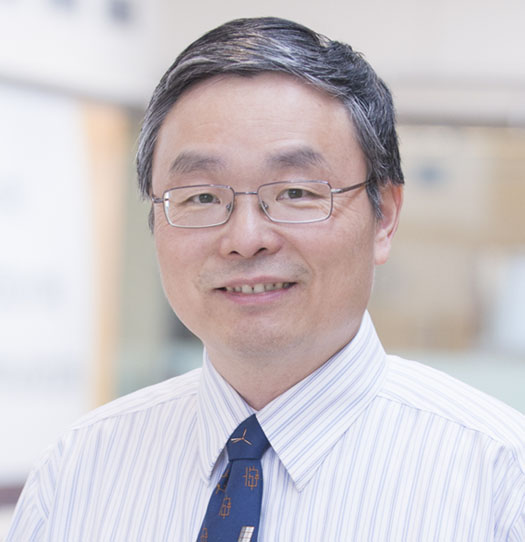 |
Ph.D., P.Eng. Email: yanfei.liu@queensu.ca |
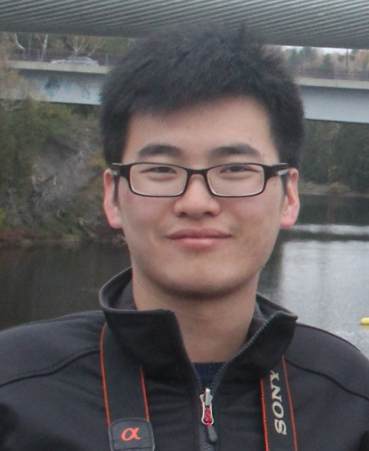 |
Email: yang.chen@queensu.ca |
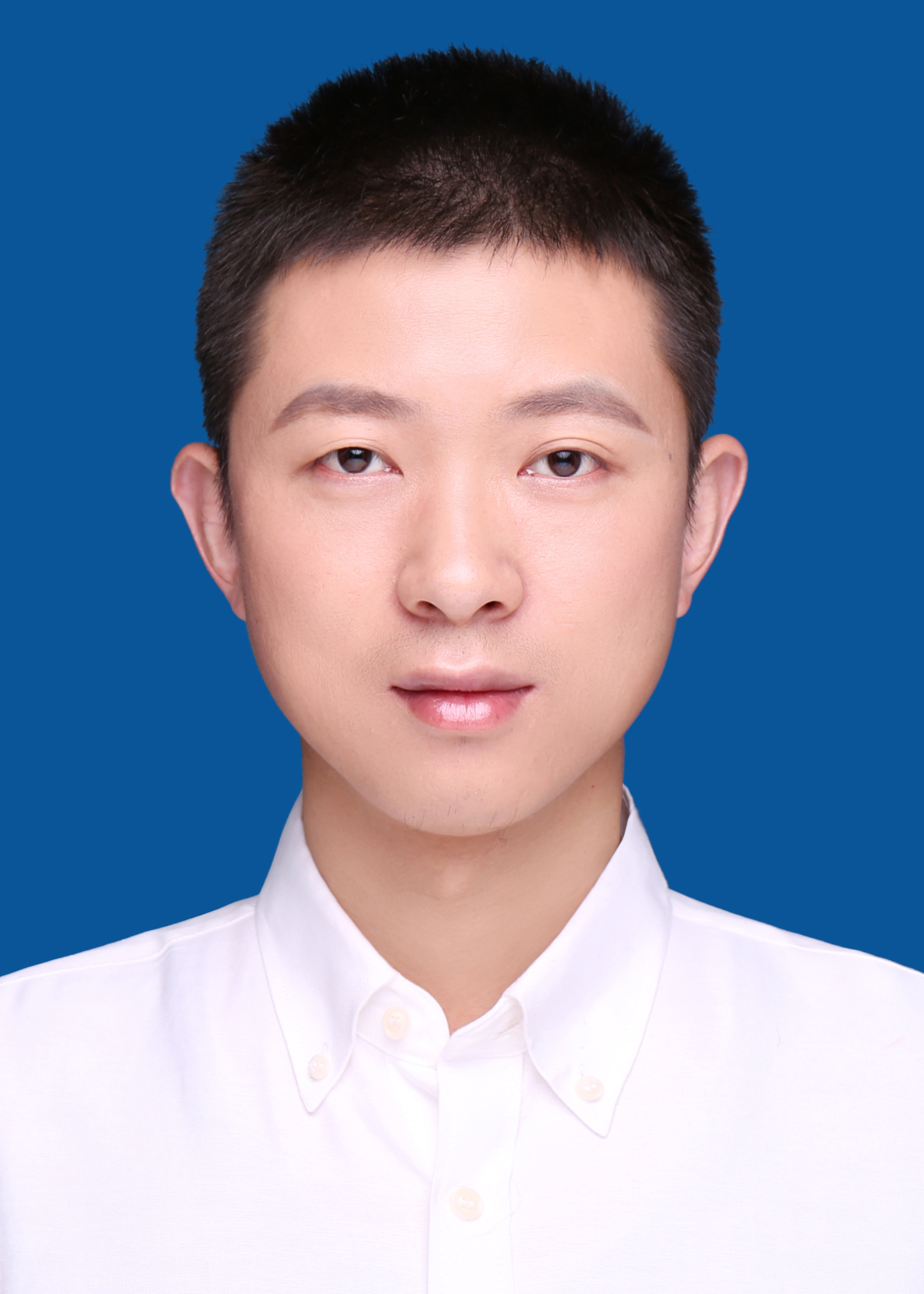 |
Wenbo Liu Email: xiang.yu@queensu.ca Research Area: High efficiency, high power density EV on-board charger with GaN transistors, current sharing in interleaved resonant converters, modeling, and optimization of magnetic components. |
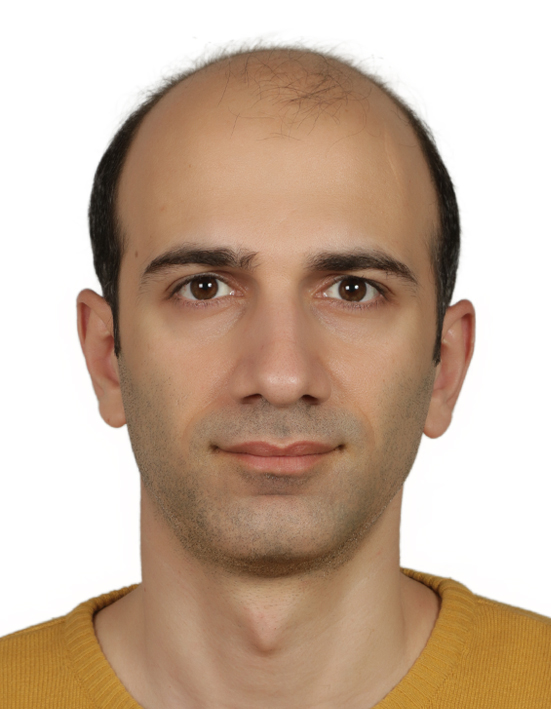 |
Sina Salehi Dobakhshari Ph.D. Email: s.salehidobakhshari@queensu.ca Research Area: High-efficiency resonant converters, switched capacitor DC-DC converters, switching power supply, thermal management. |
 |
Ph.D. Candidate Email: 11sdw4@queensu.ca Research Area: Ultra high-efficiency DC/DC Converters (>99% efficiency) for next-generation datacenter and server power supplies. |
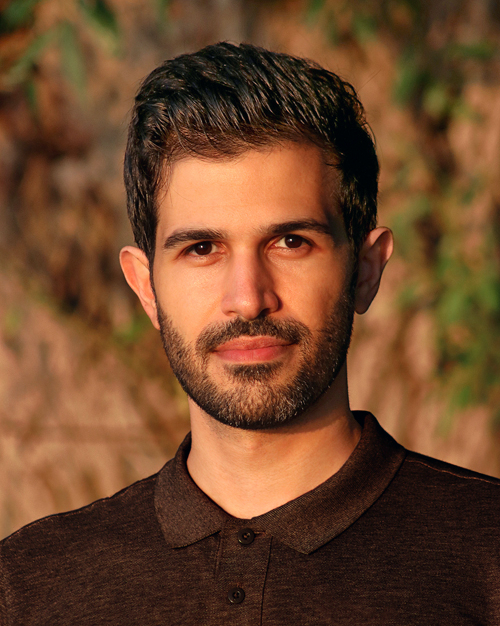 |
Mojtaba Forouzesh Ph.D. Candidate Email: m.forouzesh@queensu.ca |
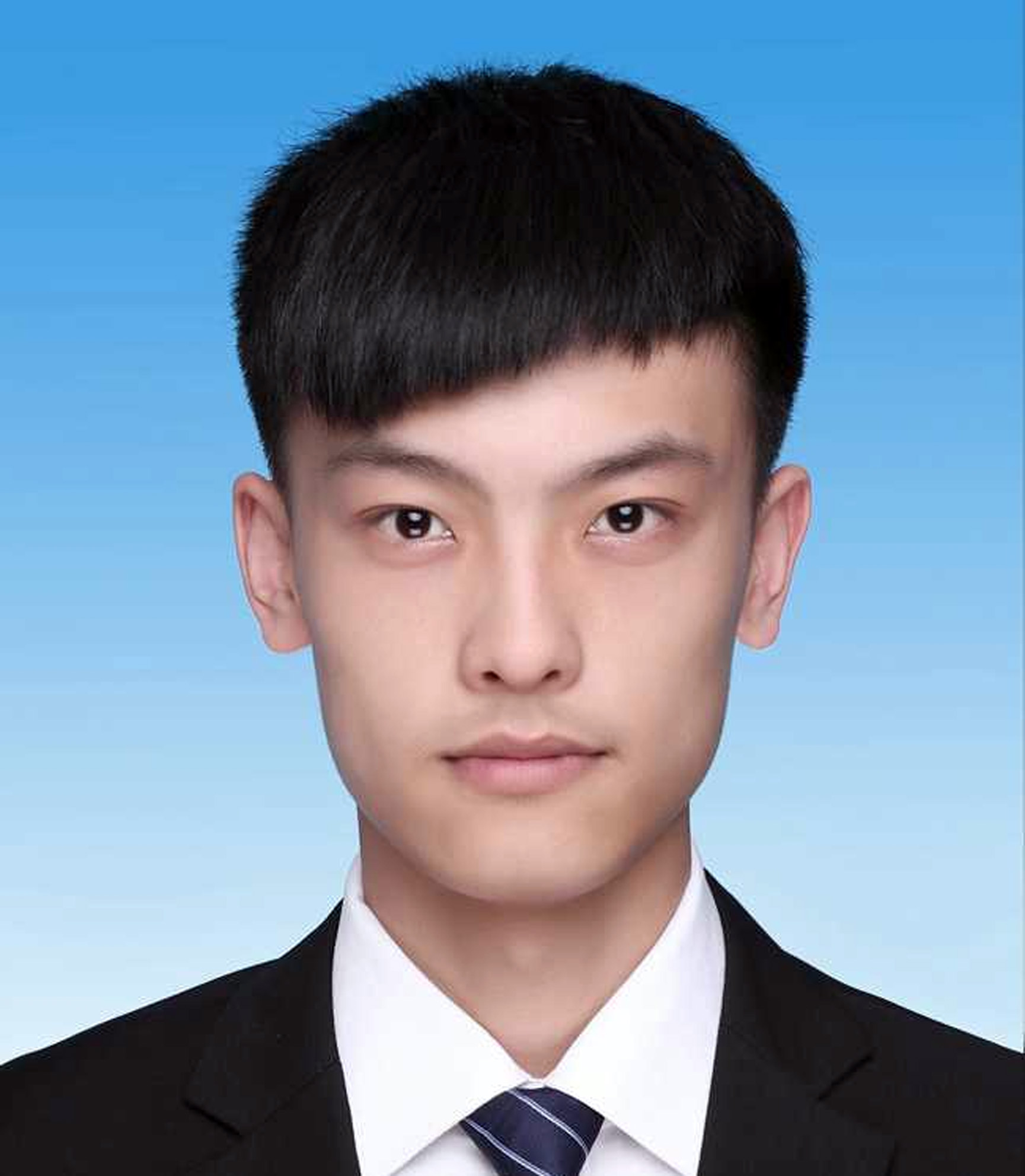 |
Binghui He Ph.D. Student Email: binghui.he@queensu.ca |
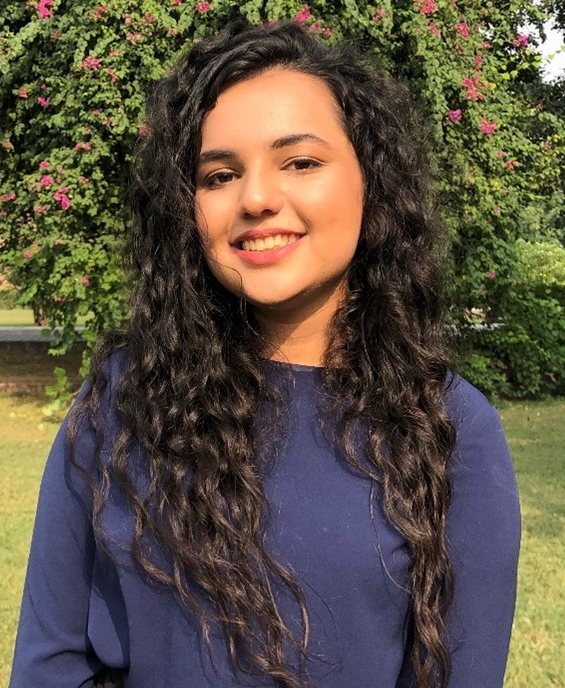 |
Aamna Nasir Hameed M.A.Sc. Student Email: 21anh2@queensu.ca |
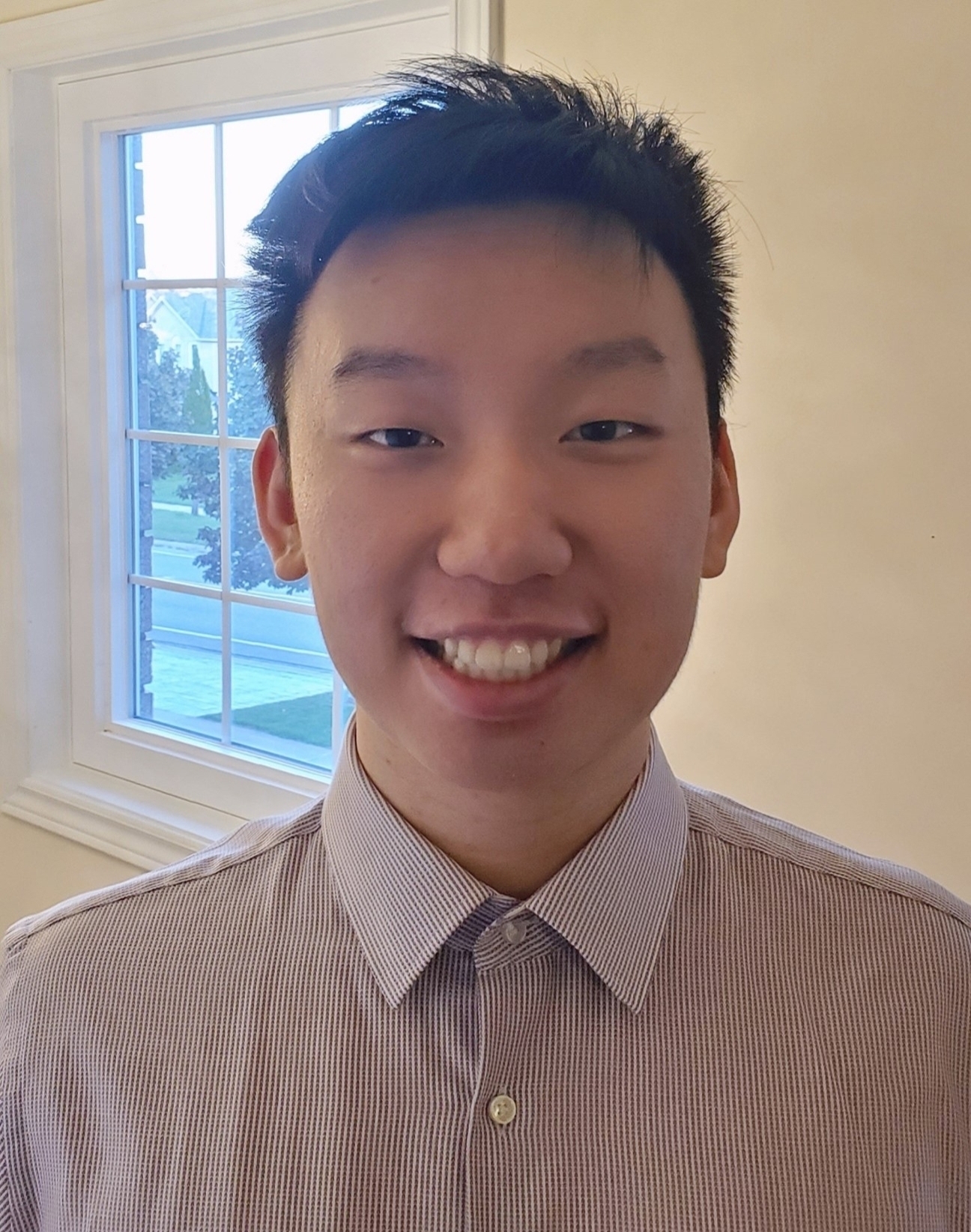 |
Rain Wei M.A.Sc. Student Email: 18syw1@queensu.ca |
Bo Sheng (Ph.D. 2020), (Pos. Doc 2020-2022) LLC, AC-DC adapters, OBC
Placement: Sr. Design Engineer, GaNsystem, Ottawa, ON, Canada
Richard Sun (M.A.Sc. 2021) Switched-capacitor DC-DC converters
Placement: Design Engineer, Murata, Toronto, ON, Canada
Wenbo Liu (Ph.D. 2020), (Pos. Doc 2020-2021) Thermal analysis, MEMs, LLC, PFC
Placement: Sr. Engineer, Huawei, Shenzhen, China
Andrew Yurek (M.A.Sc. 2020) Thermal analysis, LLC, OBC
Placement: Sr. Silicon Design Engineer, AMD, Toronto, ON, Canada
Xiang Zhou (Pos. Doc 2018-2020), Multi-phase LLC, EV charger
Placement: Assistant Professor, Xi'an Jiaotong University, Xi'an, China
Erik Geissler (M.A.Sc 2019) WBG devices, Bridgeless PFC
Placement: Electronic Design Engineer, AMD, Toronto, ON, Canada
Lei Kou (Ph.D. 2017) PV inverters, car charger
Placement: Design Engineer, GaNsystem, Ottawa, ON, Canada
Peng Fang (Ph.D. 2016),(Pos. Doc 2016-2018) LED drivers, PFC
Placement: Assistant Professor, University of Minnesota Duluth, Duluth, USA
Hongliang Wang (Pos. Doc 2013-2018) PV inverter, LLC converter
Placement: Professor, Hunan University, Changsha, China
Yan Zhang (Pos. Doc 2016-2017) Topology, modeling, and control; High efficiency and high voltage gain power converters
Placement: Associate Professor, Xi'an Jiaotong University, Xi'an, China
Ya-Jie Qiu (Ph.D. 2017) LED drivers, PFC
Placement: Applications Engineer, GaNsystem, Ottawa, ON, Canada
Laili Wang (Pos. Doc 2011-2013)
Placement: Assistant Professor, Xi'an Jiaotong University, Xi'an, China
Chris Fiorentino (M.A.Sc. 2016)
Placement: Design Engineer, Sumida Technology, Kingston, ON, Canada
Sarah Burton (M.A.Sc. 2016) Energy conversion and storage for low-power bio-energy-harvesting systems
Placement: Production Coordinator, Ubisoft, Toronto, ON, Canada
Tianshu Liu (M.A.Sc. 2016) High energy density DC-DC Point-of-Load(POL) converter
Placement: Design Engineer, Murata Power Solutions, Toronto, ON, Canada
Sucheng Liu (Visiting Scholar. 2016) Small signal modeling
Placement: Associate Professor, Anhui University of Technology, Maanshan, China
Brian White (M.A.Sc. 2015) Isolated AC - DC LED drivers with power factor correction for LED lighting applications
Placement: Associate Engineer, Vicor Corporation, Boston, MA, USA
Zhiyuan Hu (Ph.D. 2014) Digitally Controlled Interleaved Resonant Converters, Digital Front-end AC-DC Systems
Placement: Hardware Development Engineer, Apple, San Francisco, CA, USA
Andrew Dickson (M.A.Sc. 2012) Battery Power Management System and Digital Control Technology
Placement: Advanced Development Electrical Engineer, Alpha Technologies, Burnaby, BC, Canada
Dong Wang (Post Doc 2009-2011) High-Efficiency Isolated DC-DC Conversion and Digital Control
Placement: Design Engineer, International Rectifier (IR), El Segundo, CA, USA
Liang Jia (Ph.D. 2017, M.A.Sc. 2011) Digital Control Techniques to Achieve Optimal Dynamic Performance for Power Converters
Placement: Design Engineer, Google, CA, USA
Jizhen Fu (M.A.Sc. 2010) Resonant Gate Drive and VRMs
Placement: High Power AC-DC Design Engineer, Apple, Cupertino, CA, USA
Ming Chen (Ph.D. 2010) Non-Isolated DC-DC Converters
Placement: Director, Notebook Platform Solutions, Santa Clara, CA, USA
Eric Meyer (Ph.D. 2009) DC-DC Converter Control
Placement: Design Engineer, Advanced Micro Devices (AMD), Toronto, ON, Canada
Zhiliang Zhang (M.Sc. 2005, Ph.D. 2009) Resonant Gate Drive, VRMs
Placement: Associate Prof, Aero-Power Sci-tech Center, College of Automation Engineering, Nanjing University of Aeronautics and Astronautics, China
Wilson Eberle (M.Sc. 2003, Ph.D. 2008) DC-DC Converters, Gate Drive
Placement: Assistant Professor, the School of Engineering, the University of British Columbia, Okanagan, BC, Canada
Sheng Ye (M.Sc. 2003, Ph.D. 2008) VRMs, EMC
Placement: Manager, Golden Phoenix Printed Circuit Board Co., Oakville, ON, Canada
Kai Xu (M.Sc. 2008) DC-DC Converters, Resonant Gate Drive
Placement: Design Engineer, Research in Motion (RIM), Waterloo, ON, Canada
Xiaodong Liu (Visiting Professor 2008) Low Voltage, High Current, High-Efficiency Converters
Placement: Anhui University of Technology (AHUT), Anhui, China
Xianzhi Zhou (Visiting Professor 2008) High Switching Frequency Converters
Placement: Anhui University of Technology (AHUT), Anhui, China
Ping Lin (Post Doc 2007) High Switching Frequency Converters
Placement: Zhejiang University, Zhejiang, China
Amr Elnady (Post Doc 2006-2007) Power Quality Control
Placement: Assistant Professor, University of Sharjah, Sharjah, UAE
Zhihua (Alex) Yang (M.Sc. 2005) VRMs, Resonant Gate Drive
Placement: Principal Engineer, Murata, Toronto, ON, Canada
Guang Feng (Ph.D. 2004) Converter Digital Control
Placement: Power Electronics Engineer, Argonne National Laboratory, IL, USA
Wanfeng Zhang (Ph.D. 2004) Converter Digital Control, PFC
Placement: Senior manager, Marvell Semiconductor, CA, USA
Wayne Lu (M.Sc. 2004) Converter Modeling, PFC
Placement: Ph.D. Student, University of British Columbia, BC, Canada
Yongtao Han (M.Sc. 2003) Magnetics
Placement: Senior Electronics Engineer, Jabil Circuit, Shanghai, China
Alex Perry (M.Sc 2002) DC-DC Converter Control
Placement: Performance Engineer, Northland Power Inc., AB, Canada
 |
||
 |
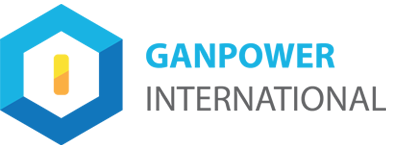 |
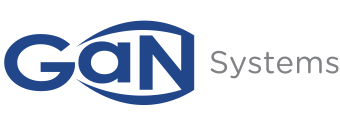 |
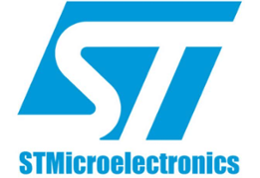 |